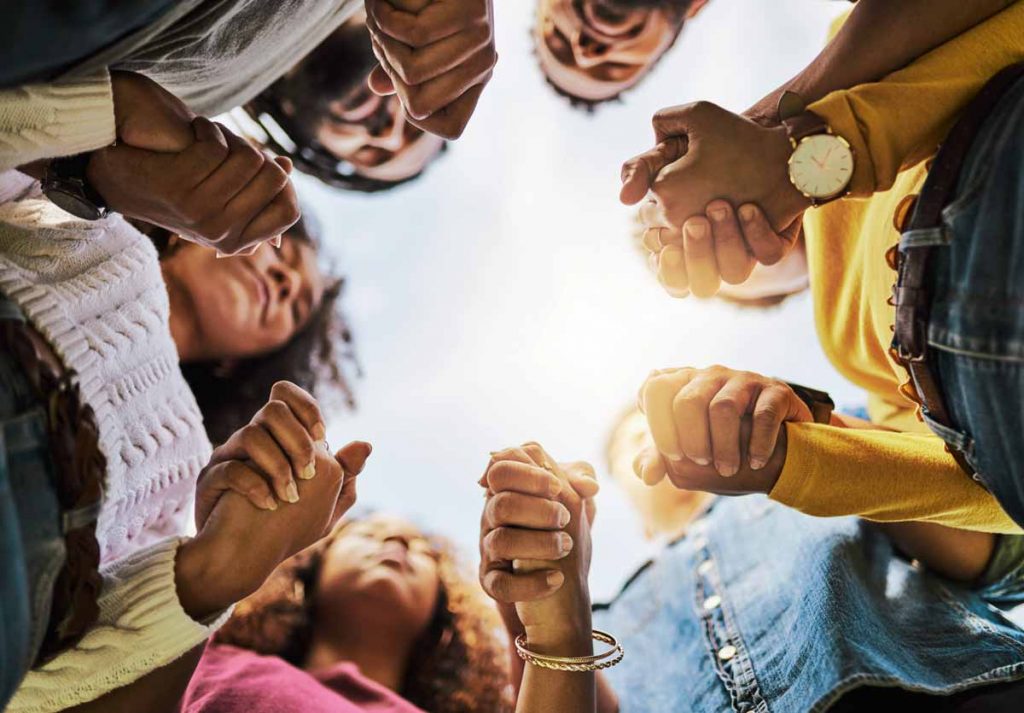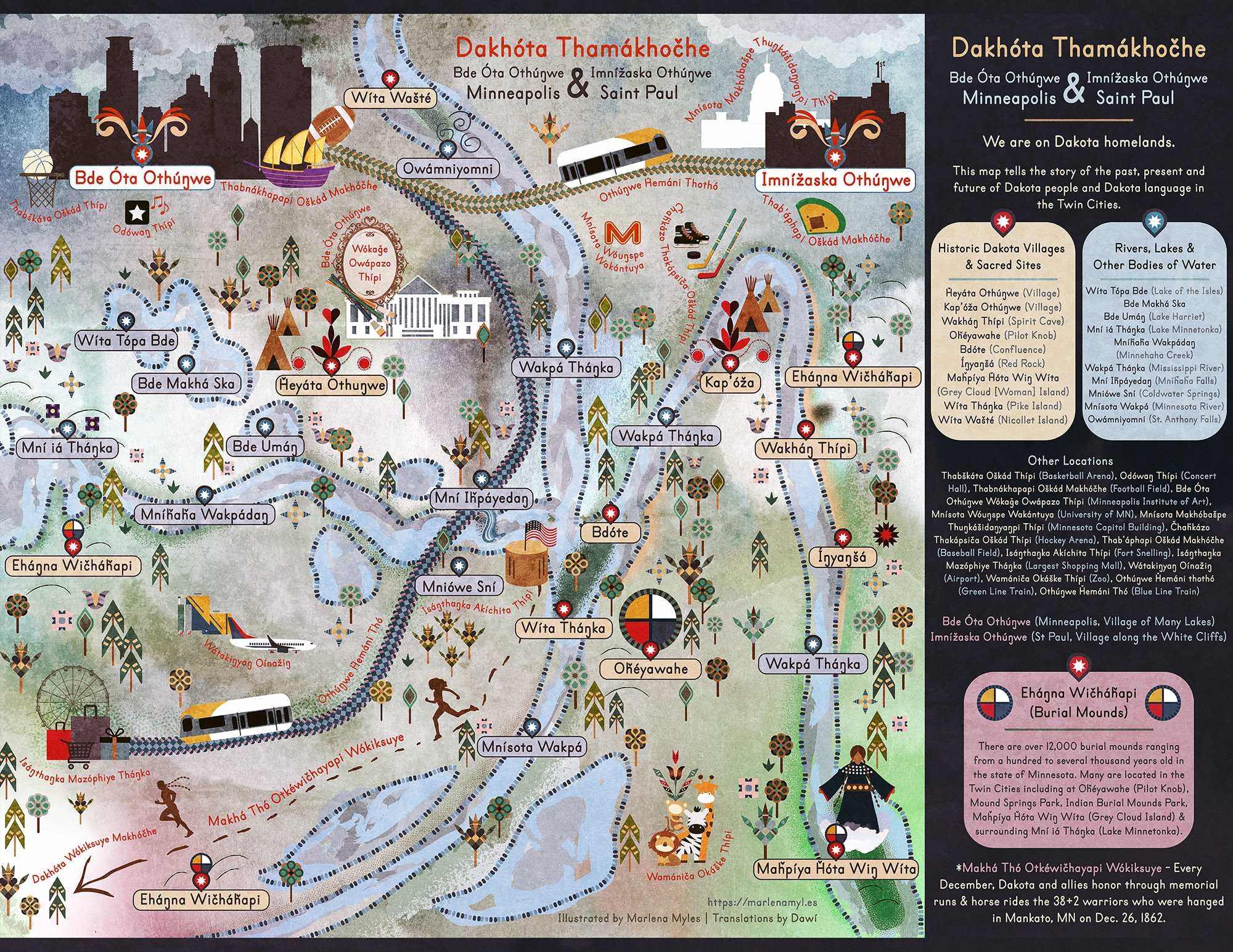
Home | About AmazeWorks
Belonging is the Answer
When each of us enters a new space, we look to see if all of who we are will be welcomed, valued, and respected. Those of us with non-dominant social identities around race/ethnicity, gender identity, sexual orientation, socioeconomic status, religion/faith, ability, country of origin, etc., are especially aware of the culture within the space. We wonder about bringing our whole selves each and every day.







